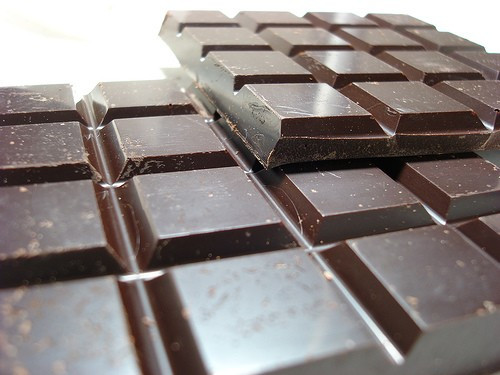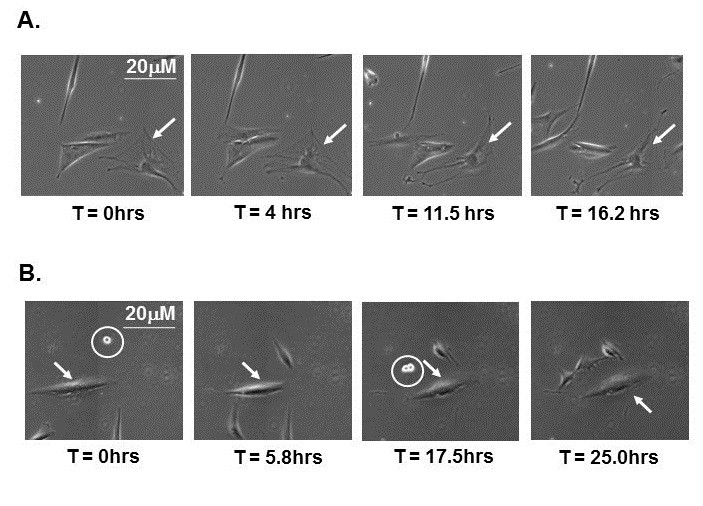Anti-ageing breakthrough as human cells rejuvenated with chemical found in chocolate and wine
New development could one day lead to therapies which may mitigate some of the worst effects of ageing.

Researchers have developed a new technique to rejuvenate old, inactive cells which no longer replicate, boosting hopes for therapies which could one day mitigate some of the worst effects of ageing.
Within hours of being treated, these so-called senescent cells began to divide again and also had longer telomeres – the 'caps' at the end of each strand of DNA which protect our chromosomes and shorten as we age.
A team from the University of Exeter applied special compounds to old cells in a lab. These compounds were analogues of resveratrol - a substance naturally found in red wine, dark chocolate, red grapes, and blueberries.
It is also produced by some plants in response to injury or when the plant is infected by bacteria or fungi.
This mix 'switched on' a class of genes called 'splicing factors' which gradually turn off as we age.
After the compounds were added to the senescent cells, they appeared younger and started behaving like young cells.
As people grow older they are more at risk of stroke, heart disease and cancer, among other diseases. By the age of 85 most have experienced some kind of chronic illness.
The study detailing the new developments was led by Lorna Harries from the University of Exeter and is published in the journal BMC Cell Biology.
"This is a first step in trying to make people live normal lifespans, but with health for their entire life," said Harries. "Our data suggests that using chemicals to switch back on the major class of genes that are switched off as we age might provide a means to restore function to old cells."
Eva Latorre, who carried out the experiments, was surprised by the speed and extent of the changes in the cells.
"When I saw some of the cells in the culture dish rejuvenating I couldn't believe it. These old cells were looking like young cells. It was like magic," she said. "I repeated the experiments several times and in each case the cells rejuvenated. I am very excited by the implications and potential for this research."
While resveratrol compounds were found to rejuvenate old cells in the study, scientists do not currently have enough evidence to definitively answer the question of whether eating foods containing high levels of resveratrols has any effect on the aging process.
Some studies have hinted that eating a diet high in resveratrols may lead to fewer diseases associated with ageing, however, other research has found that they have no measurable impact on our health.

As we age, senescent cells, which are alive but don't function properly, become more and more common. The old cells become incapable of correctly carrying out the biological instructions encoded in their genes which determine how the cell acts. This is part of the reason why tissues and organs become more susceptible to disease as we age.
Splicing factors are important in enabling genes to perform their full range of functions. As we grow older the splicing factors begin to lose some or all of their function, restricting the ability of cells to adapt to challenges in their environment.
"This demonstrates that when you treat old cells with molecules that restore the levels of the splicing factors, the cells regain some features of youth," Harries said.
"They are able to grow, and their telomeres - the caps on the ends of the chromosomes that shorten as we age - are now longer, as they are in young cells. Far more research is needed now to establish the true potential for these sort of approaches to address the degenerative effects of ageing."
Professor Richard Faragher from the University of Brighton added: "Our discovery of cell rejuvenation using these simple compounds shows the enormous potential of ageing research to improve the lives of older people".





















